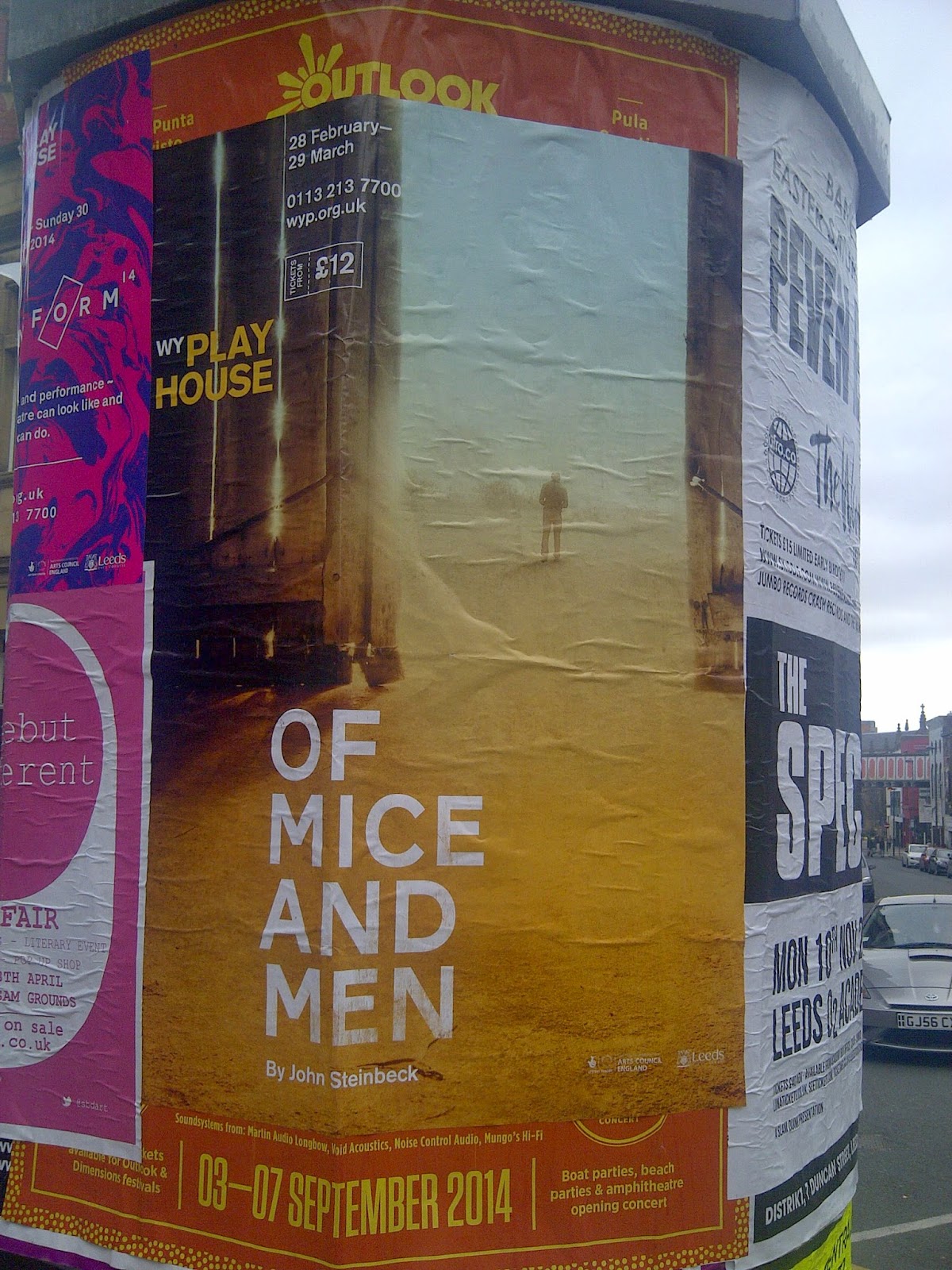Enjoying a walk in a North London Park (March 2014)
Lately I've changed...changed for the better, to me it is!..how I feel about my theatre going and my relationship with it which has an impact compared to the past. I don't consider myself a fan but a theatregoer!
The status quo, it seems, as a 'fan', you go see a mainstream show, go to stage door afterwards and tell your fellow fans and friends that you love the show and have met so and so! I find this not me at all anymore especially that I'm embarking on a journalism/reviewing career where I hope to break professionally. I also want see a wide and diverse range of shows of different theatre genres.
My priority now is to focus more on the show rather than who's in it. I like to analyse and critically approach the show from humanities and social perspectives. I do have my favourite shows and performers but I like many genres of theatre especially plays. There is a time and place to focus on individual shows and performers. At the end of the day, the show is first and nothing else! It's the only reason why I go to the theatre!
I now dislike stage dooring and would prefer to tweet my thanks to the performers and express my wishes via reviews. The thought of waiting outside for some considerable time after a show doesn't appeal to me anymore. I would much rather have a coffee somewhere or go for a night cap in a pub! Even an earlier night in bed sounds more appealing! Even stage dooring at Phantom, my favourite show, is a big effort these days. However I know the current cast pretty well so I feel it's only courteous to say hello, though not every time, when I see the show. Please don't expect me to say hello to specific actors at stage door whenever I see shows. The likelihood is that I won't be visiting stage door before or after the show and certainly not if I'm not seeing the actual show!
Apart from some exceptions to the rule, I don't follow performers, even my favourite ones, on Twitter. I always to get to know of upcoming professional engagements they're involved with indirectly and via retweets. I simply follow the official shows accounts and any theatre/art organisations. I would tweet those concerned if I'm seeing the actual show. I'm not interested in show business's off stage gossip especially their personal lives. I pay attention to what they do on stage and appreciate them for it. I'm more interested in the professional careers and its successes than their love life!
I try and not see shows with celebrity casting unless the story of the show is of particular interest to me. I would rather support fringe, local and amateur productions which will need more support. Besides there is a lot more to life than theatre!









